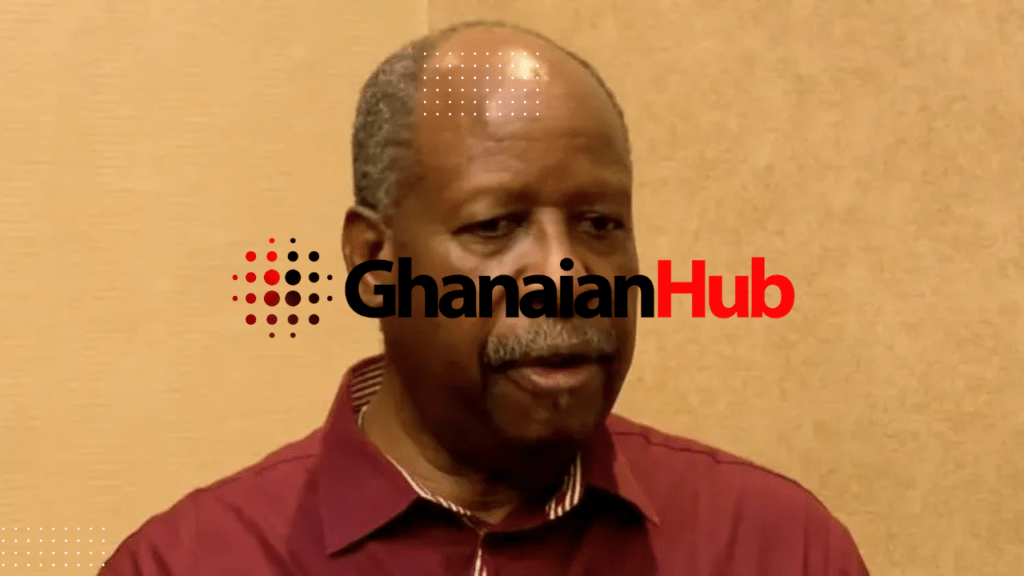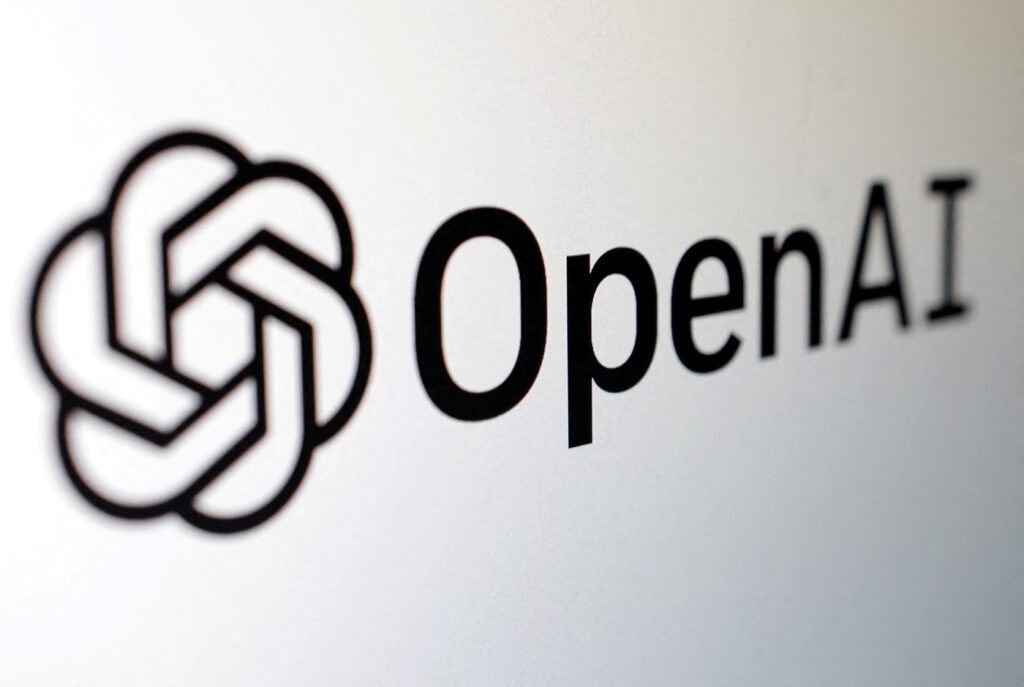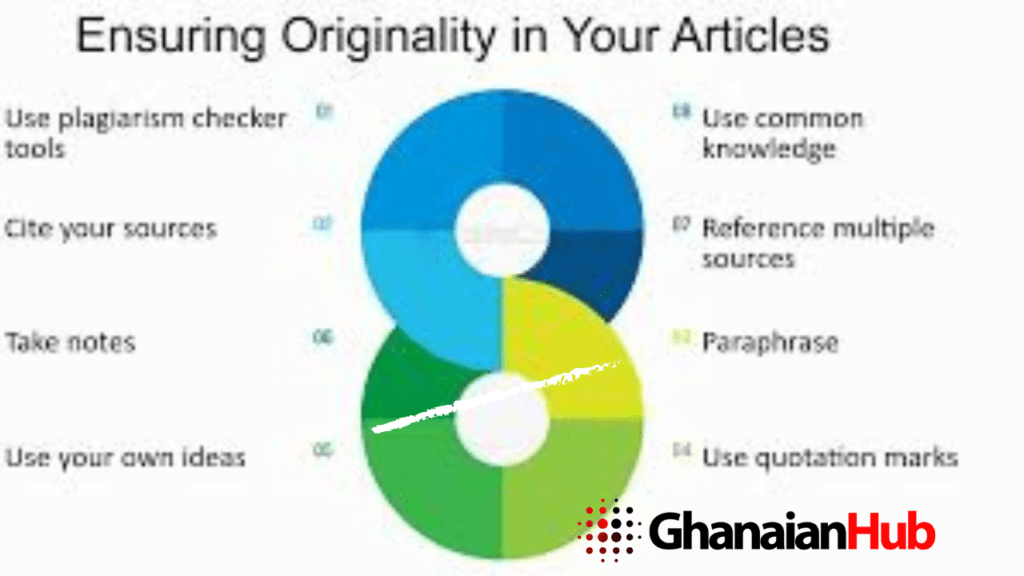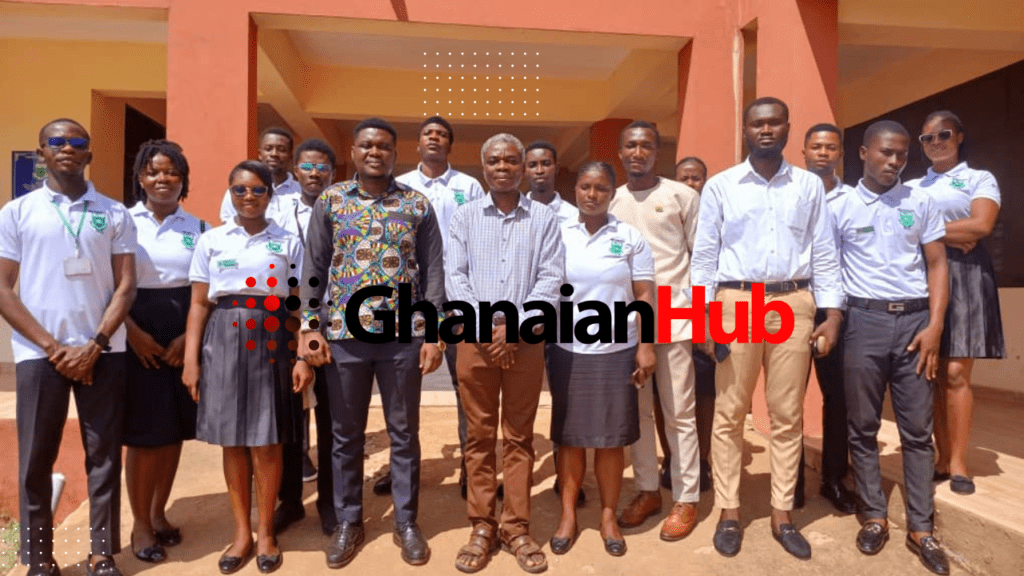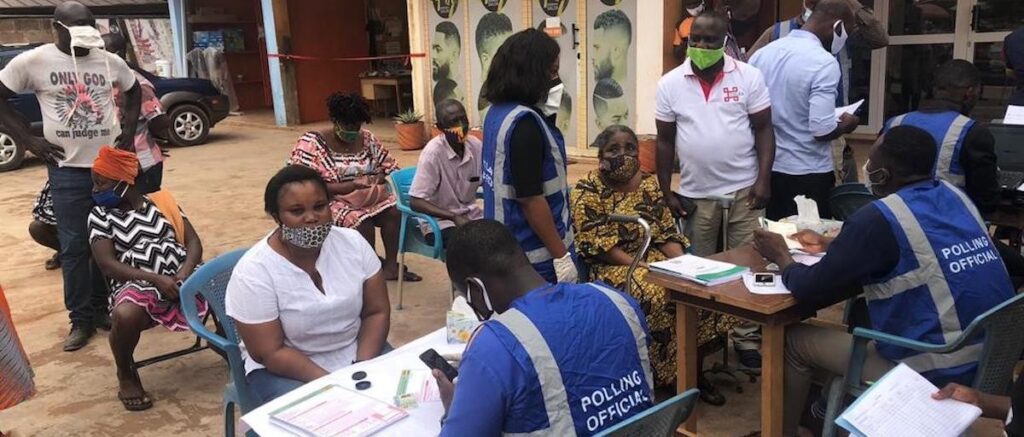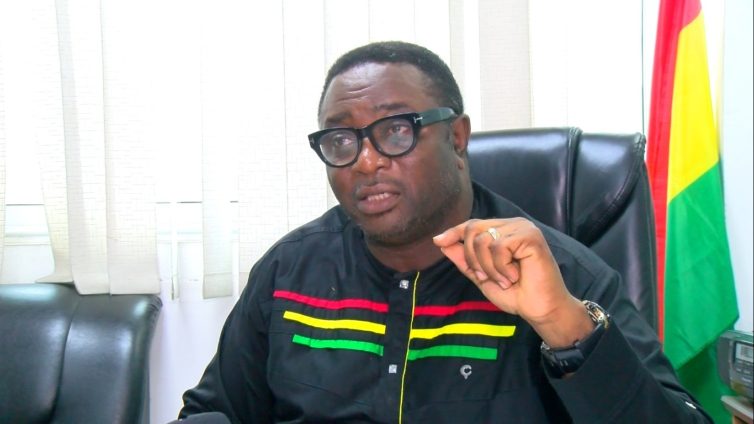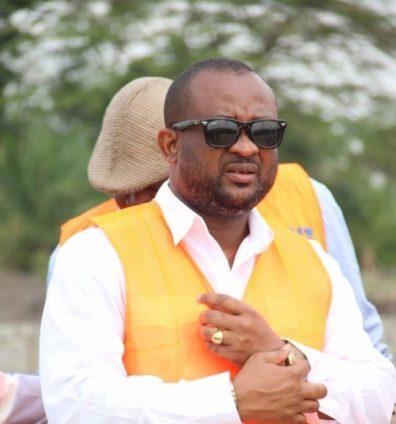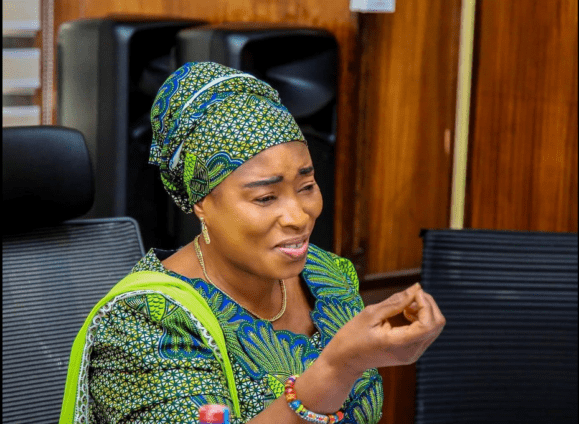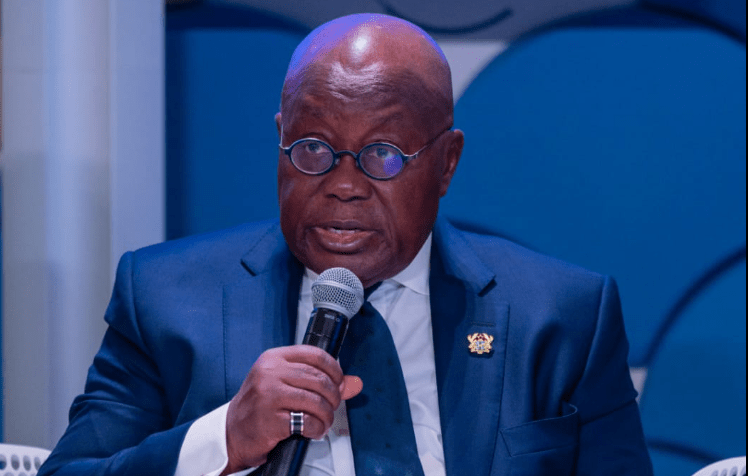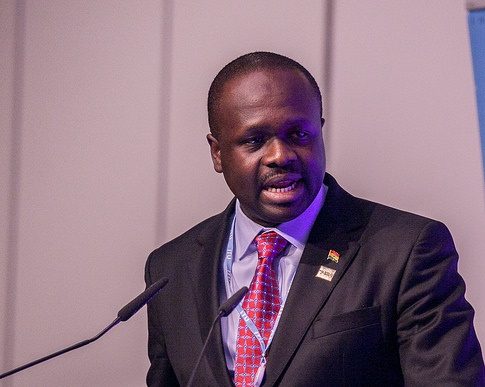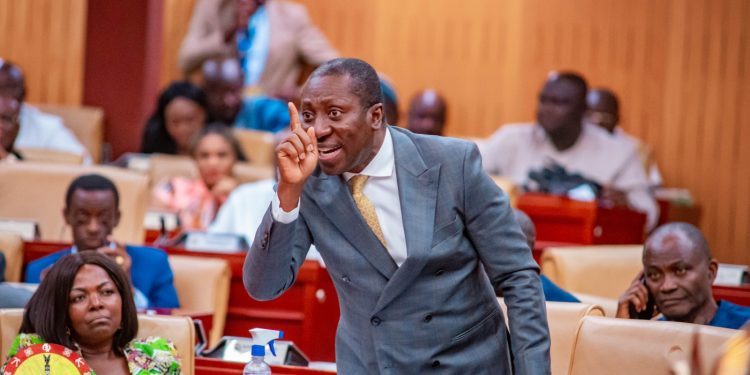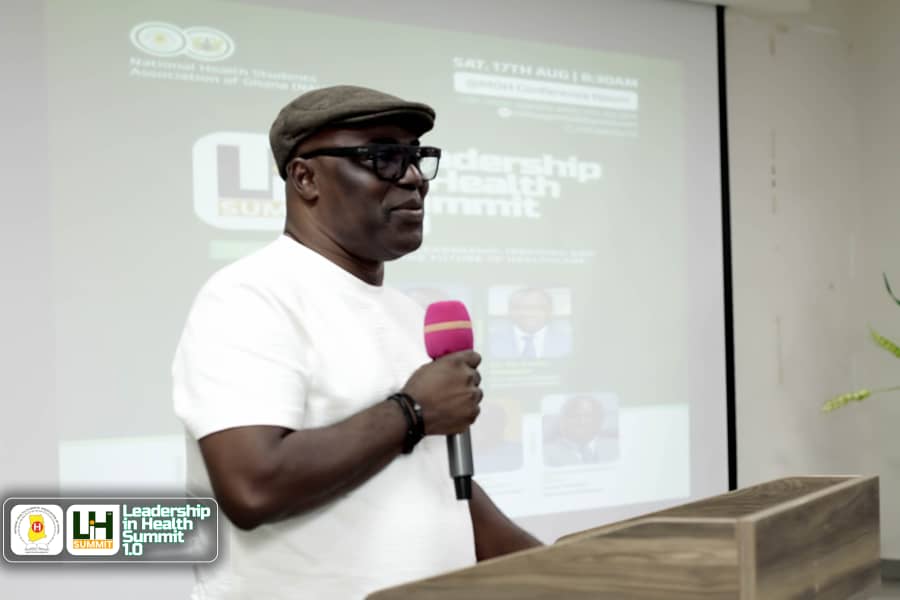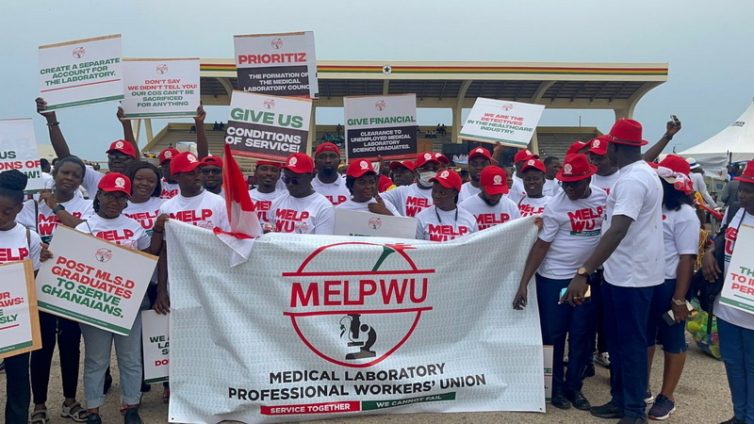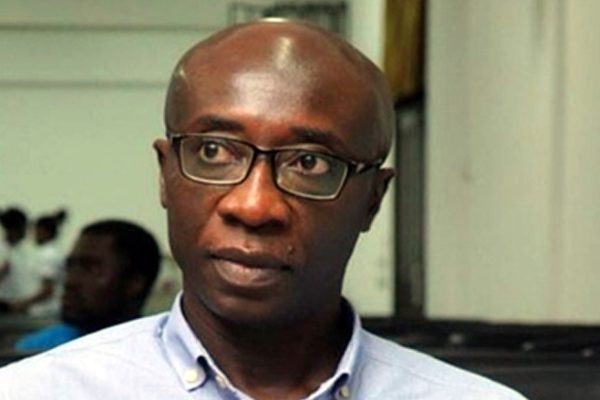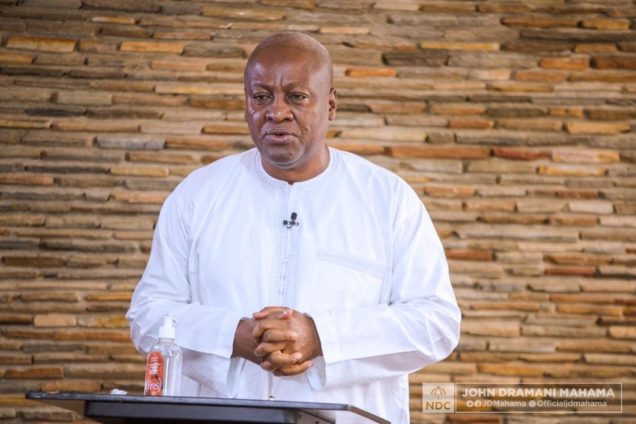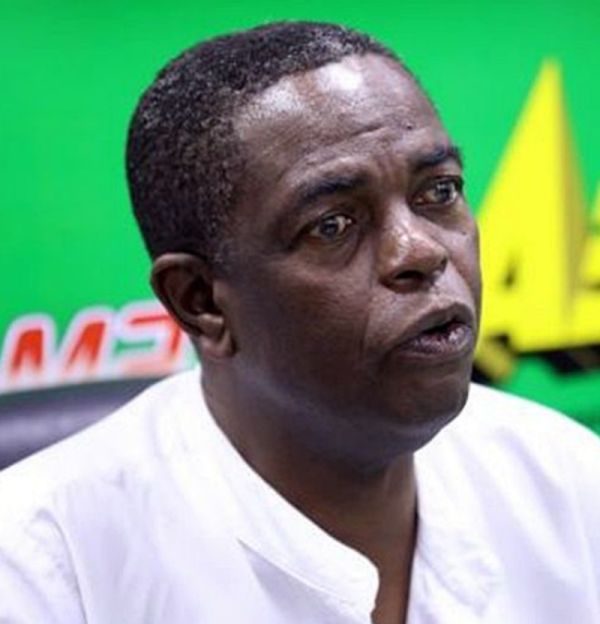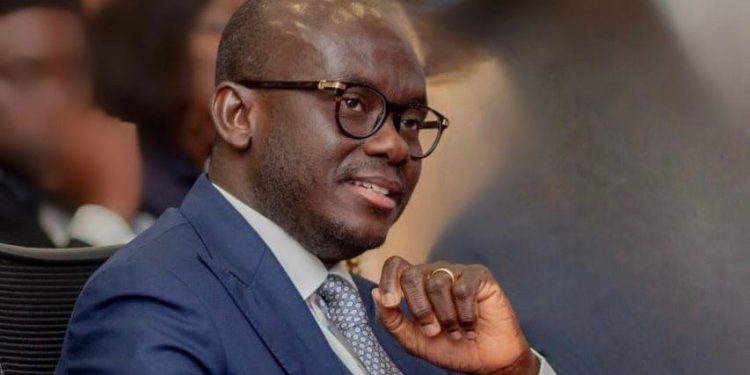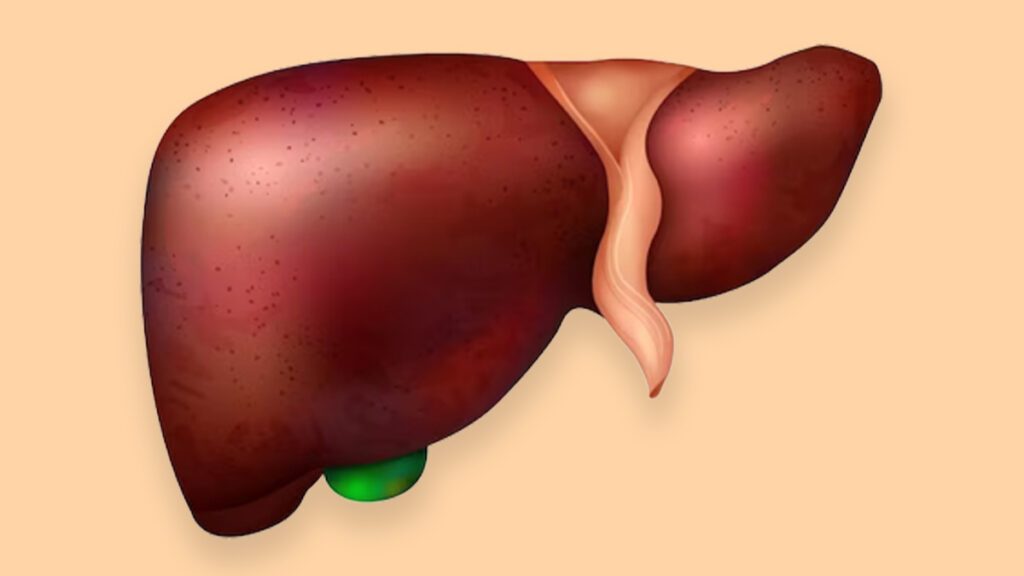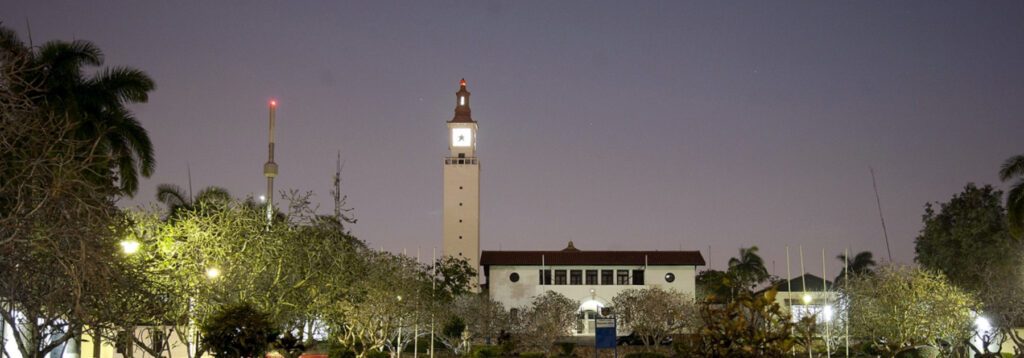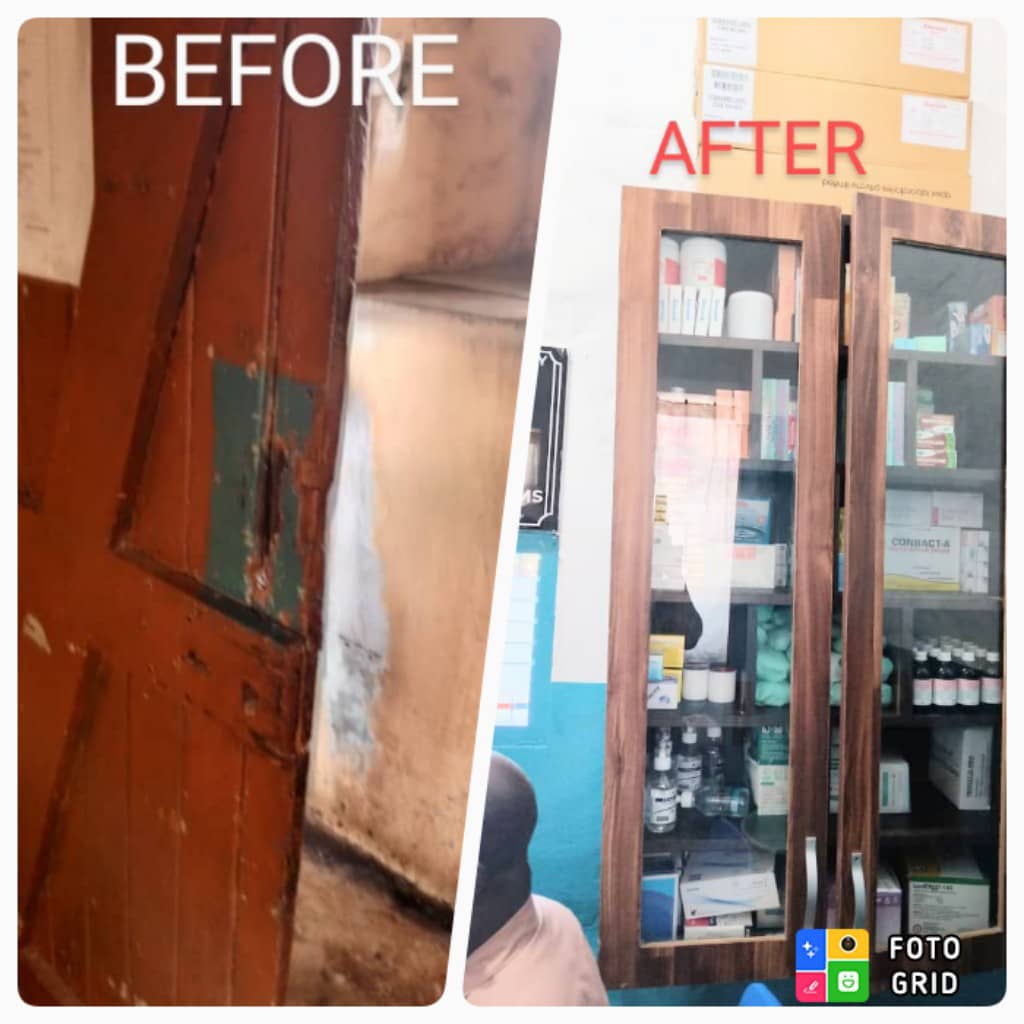Illegal Mining Threatens Ghana Infrastructure Development.
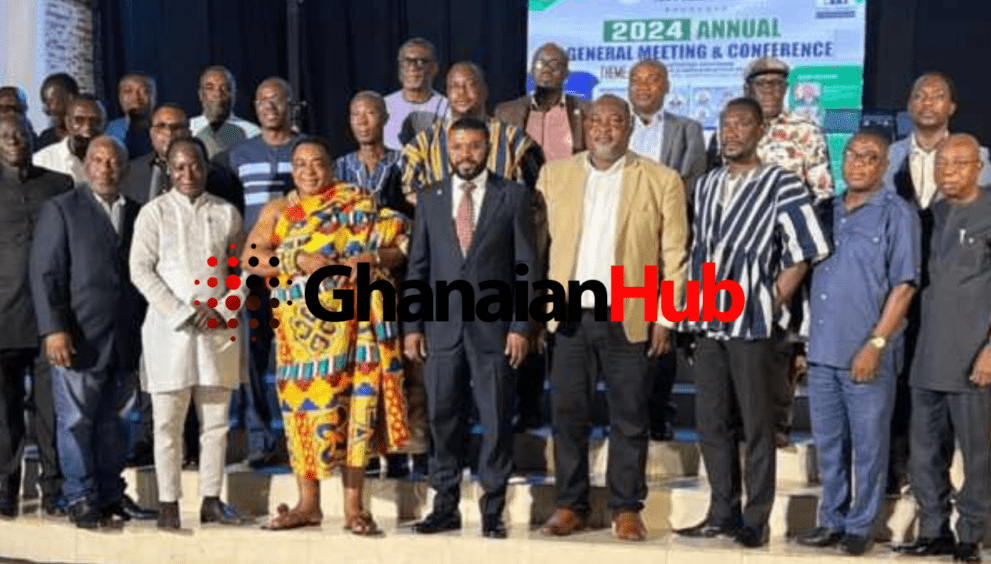
Illegal Mining Threatens Ghana Infrastructure Development.
Illegal Mining Threatens Ghana Infrastructure Development: The Chairman of the Ghana Chamber of Construction Industry, Emmanuel Tetteh Martey, has raised serious concerns about the harmful effects of illegal mining on sustainable infrastructure development in the country.
Speaking at the Chamber’s Annual General Meeting (AGM) held in Takoradi, Martey highlighted the construction sector’s heavy dependence on natural resources, emphasizing the need for a collective and united effort to combat the destructive impact of illegal mining, commonly known as “galamsey.”
The Threat of Illegal Mining
Illegal mining has emerged as a significant threat to Ghana’s natural resources, adversely affecting various sectors of the economy, including construction. As a sector that heavily relies on natural materials such as sand, gravel, stones, and timber, the construction industry is particularly vulnerable to the environmental degradation caused by illegal mining. Martey stressed the urgency of addressing these activities, which not only deplete resources but also destroy landscapes, pollute water bodies, and contribute to land degradation, ultimately hindering the development of sustainable infrastructure.
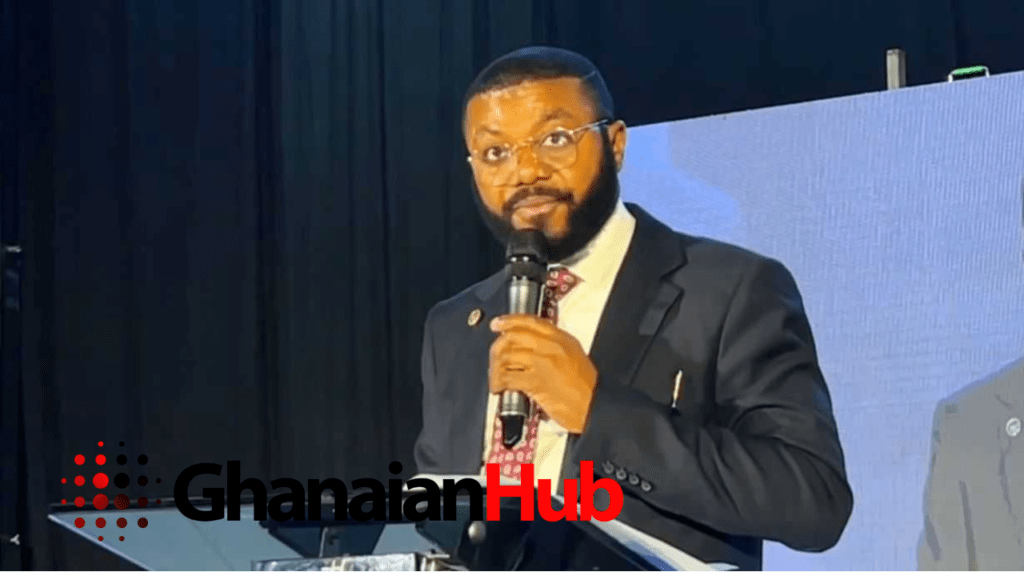
“As a sector heavily reliant on natural resources, we cannot afford to be indifferent to the devastating impacts of illegal mining (galamsey). To combat this menace, collaboration is crucial among government bodies, environmental groups, and local authorities,” said Martey. He further urged the government to take decisive action and avoid politicizing the fight against illegal mining, advocating for stronger partnerships between the Chamber and relevant state institutions to tackle the issue effectively.
Chamber’s Commitment to Collaboration
The Chamber of Construction Industry pledged to partner with various governmental agencies, environmental organizations, and local authorities to combat illegal mining. Martey emphasized the need for advocacy to raise awareness, support the enforcement of mining regulations, and promote responsible mining practices. “Protecting our environment is paramount. The future of Ghana’s construction industry depends on our collective actions today,” he remarked.
Illegal Mining Threatens Ghana Infrastructure Development: The AGM, which focused on progress review, challenges, and strategies for sustainable growth, was held under the theme “Climate Adaptation Strategies in Sustainable Infrastructure Development.” The gathering saw participation from representatives of various political parties, all of whom acknowledged the critical role the construction sector plays in Ghana’s development. The discussion aimed to highlight strategies for integrating climate resilience into infrastructure projects, ensuring that the industry is well-positioned to adapt to climate change while fostering economic growth.
Also Read: Galamsey: Dr. Kenneth Ashigbey Praises the Government
Climate Resilience in Infrastructure Development
Deputy Minister of Works and Housing, Dr. Prince Hamidu Armah, speaking on behalf of the New Patriotic Party’s (NPP) presidential candidate and Vice President of Ghana, Dr. Mahamudu Bawumia, underscored the importance of incorporating climate resilience into infrastructure design. He noted that sustainable infrastructure has the transformative power to improve the lives of millions of Ghanaians, ensuring a resilient and prosperous future for the nation.
“Your efforts in sustainable infrastructure have the transformative power to improve the lives of millions and shape a resilient, prosperous future for our nation,” Dr. Armah stated. He called for the promotion of sustainable designs, materials, and practices that conserve resources, enhance energy efficiency, and foster resilience to climate change impacts. Dr. Armah further emphasized that adopting these practices in infrastructure projects would pave the way for a better tomorrow for future generations.
NDC’s Vision for Transformative Infrastructure Projects
Representing the National Democratic Congress (NDC) at the AGM, Isaac Adjei Mensah, Member of Parliament for Wassa East Constituency and former Deputy Minister of Roads and Highways, reaffirmed the party’s commitment to collaborating with the construction industry under the “Big Push” initiative. This ambitious plan, which proposes a $10 billion investment in infrastructure development, aims to drive economic growth by focusing on transformative projects in the road and railway sectors.
“Our National Democratic Congress (NDC) vision for the construction sector aligns with our manifesto, focusing on transformative projects in the road and railway sectors. We’re committed to prioritizing the eastern and western corridor roads, ensuring their rehabilitation and upgrade,” Mensah stated. He further explained that the “Big Push” initiative represents a significant investment in Ghana’s infrastructure, aiming to modernize key transportation networks and promote sustainable growth across the country.
Collective Action for Sustainable Development
The discussions at the AGM underscored the need for collective action to address illegal mining and its implications on sustainable infrastructure development. Participants agreed that tackling the issue requires a multi-faceted approach involving collaboration among government agencies, environmental groups, the private sector, and local communities. The construction industry’s reliance on natural resources makes it crucial to engage in efforts to protect the environment, enforce regulations, and advocate for responsible mining practices.
As Ghana seeks to achieve sustainable development goals and improve the quality of life for its citizens, the construction industry will play a critical role in shaping the country’s future. The AGM highlighted the importance of integrating climate adaptation strategies into infrastructure development to ensure the resilience of structures in the face of environmental changes. It also brought to light the need for ongoing dialogue between the government, industry players, and other stakeholders to create a sustainable, resilient, and prosperous Ghana.

In conclusion, Emmanuel Tetteh Martey’s call for urgent action against illegal mining reflects a broader concern about the impact of environmental degradation on sustainable development in Ghana. The Chamber of Construction Industry’s commitment to collaboration, combined with the government’s efforts to promote climate-resilient infrastructure, presents a path forward for tackling these challenges and safeguarding the future of the construction sector.


 English
English 





